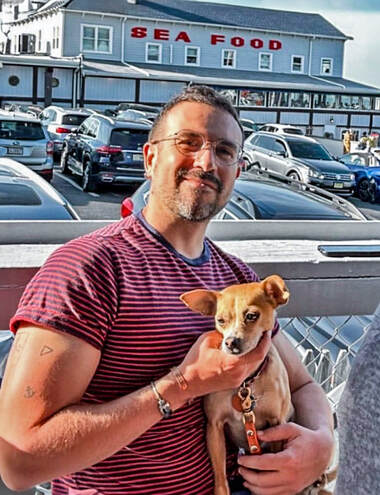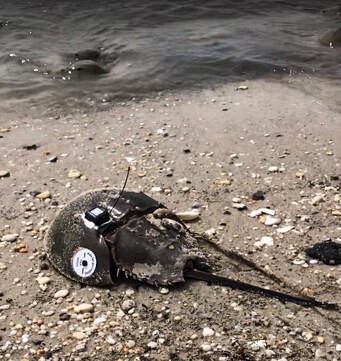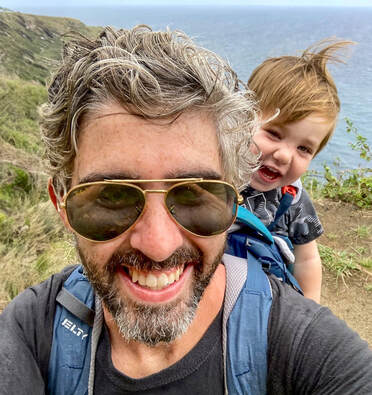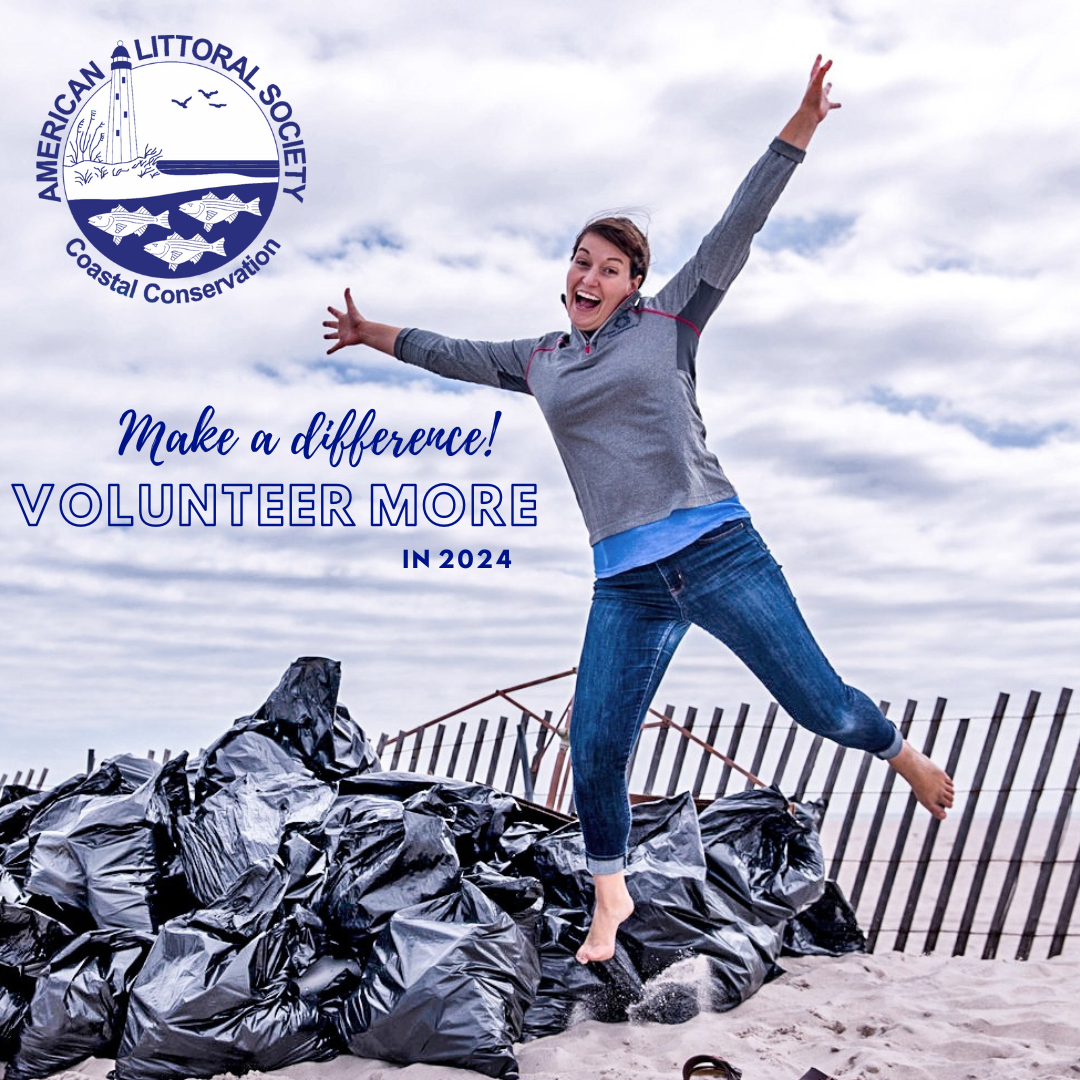 The Littoral Society is honored to welcome Philip Silva, PhD, to our Board of Trustees. Silva is Director, Community Impact at American Express. He is also the co-founder and former executive director of TreeKIT, an initiative that helped the NYC Department of Parks and Recreation mobilize thousands of volunteers to accurately map and inventory nearly 700,000 street trees in 2015. As an Outreach Fellow of the Design Trust for Public Space's "Five Borough Farm" initiative, Philip worked with community gardeners in NYC to co-create a kit of easy-to-use methods for measuring the positive impacts of urban agriculture. Philip has designed, facilitated, and evaluated adult learning experiences focused on leadership and the environment for the National Recreation and Park Association, the Central Park Conservancy, Brooklyn Botanic Garden, the Environmental Leadership Program, the Cornell Civic Ecology Lab, the Design Trust for Public Space, and many others. He has served on the Core Consulting Team for Global Learning Partners, an adult learning service company, and as a Storytelling Trainer for BB&Co., a strategic communications consultancy. Philip holds a Ph.D. in natural resources from Cornell University, where his research focused on knowledge production, participatory research, and communities of practice in urban environmental stewardship organizations. He is a part-time lecturer in qualitative research methods at The New School. Philip enjoys exploring the many parks, coastlines, and historic sites of Monmouth County—often with his partner, Matt, and their dog, Fox. Is your New Year's resolution to make a difference in 2024? If so, we'd love to have you as a volunteer helping us in our coastal conservation work.
We have many volunteer opportunities, such as tagging horseshoe crabs, monitoring restoration projects, lending a hand with administrative assistance, joining beach cleanups, planting dune grasses, and so much more. If you would like to learn more about how you can help us continue Caring for the Coast, please fill out our online volunteer interest form and we’ll get back to you with related opportunities.  Female horseshoe crab with US Fish and Wildlife Service Tagging Program button tag and CTT radio tag at Reeds Beach, Cape May County, NJ. Female horseshoe crab with US Fish and Wildlife Service Tagging Program button tag and CTT radio tag at Reeds Beach, Cape May County, NJ. In May of 2023, our partnership with the Cape May Point Science Center (CMPSC) began, which allowed us to team up with Cellular Tracking Technologies (CTT) to take our horseshoe crab research to the next level. Our goal is to track the behavior and movement patterns of horseshoe crabs during the spawning season. To gather this data, tags which transmit radio telemetry data were affixed to the horseshoe crab’s shell. Whenever these tagged crabs came ashore, the time and beach location were tracked and recorded. The Delaware Bay is home to the largest population of spawning Atlantic horseshoe crabs, (Limulus polyphemus). The horseshoe crabs come ashore to spawn and lay eggs during the months of May and June, with peak spawning occurring during new and full moon events at high tide.  The American Littoral Society is pleased to announce the appointment of Ryan Flood to the position of Development Assistant. He will work out of our Sandy Hook office. Ryan has a long association with this area and Sandy Hook, as well as with the coast. He has spent most of his life living along the Jersey Shore, filling free time with activities in and around the area’s ocean and rivers, including surfing, fishing, and hiking. While attending Monmouth County's Marine Academy of Science & Technology (aka M.A.S.T.) on Sandy Hook, Ryan dove into Oceanography and Marine Sciences and helped crew the school’s 65-foot research vessel the "Blue Sea". 'Tis the season to recycle Christmas trees! For the third year in a row, the Littoral Society is collecting trees for use at our Slade Dale Sanctuary living shoreline project.
Trees can be dropped off by anyone at Good Shepherd Lutheran Church (708 NJ-88, Point Pleasant, NJ), in the field behind the parking lot (the location will be marked). Point Pleasant borough residents can leave their trees curbside for normal Dept. of Public Works pickup. Be sure to remove all ornaments, tinsel and lights before discarding the tree. For more information, contact Zack Royle at the American Littoral Society, [email protected]. In 2019, the American Littoral Society constructed a living shoreline at Slade Dale Sanctuary, a 13-acre preserve located in Point Pleasant, NJ. Living shorelines use nature-based methods to stabilize shorelines while also creating or enhancing habitat, increasing biodiversity, filtering water, storing carbon and protecting communities. They also tend to be far less expensive to construct and maintain than hard structures. The bonus is that living shorelines can grow over time. |
Archives
July 2024
Categories
All
|



